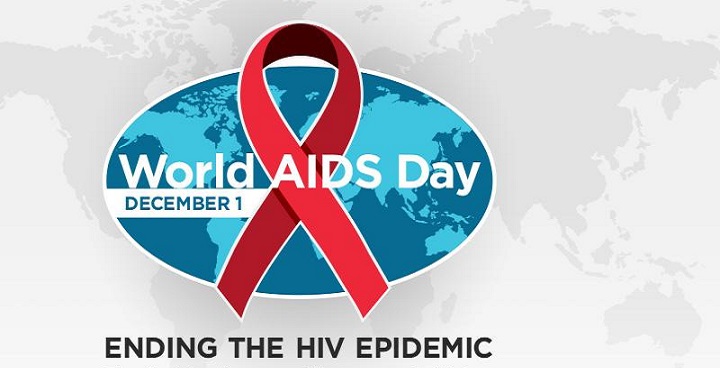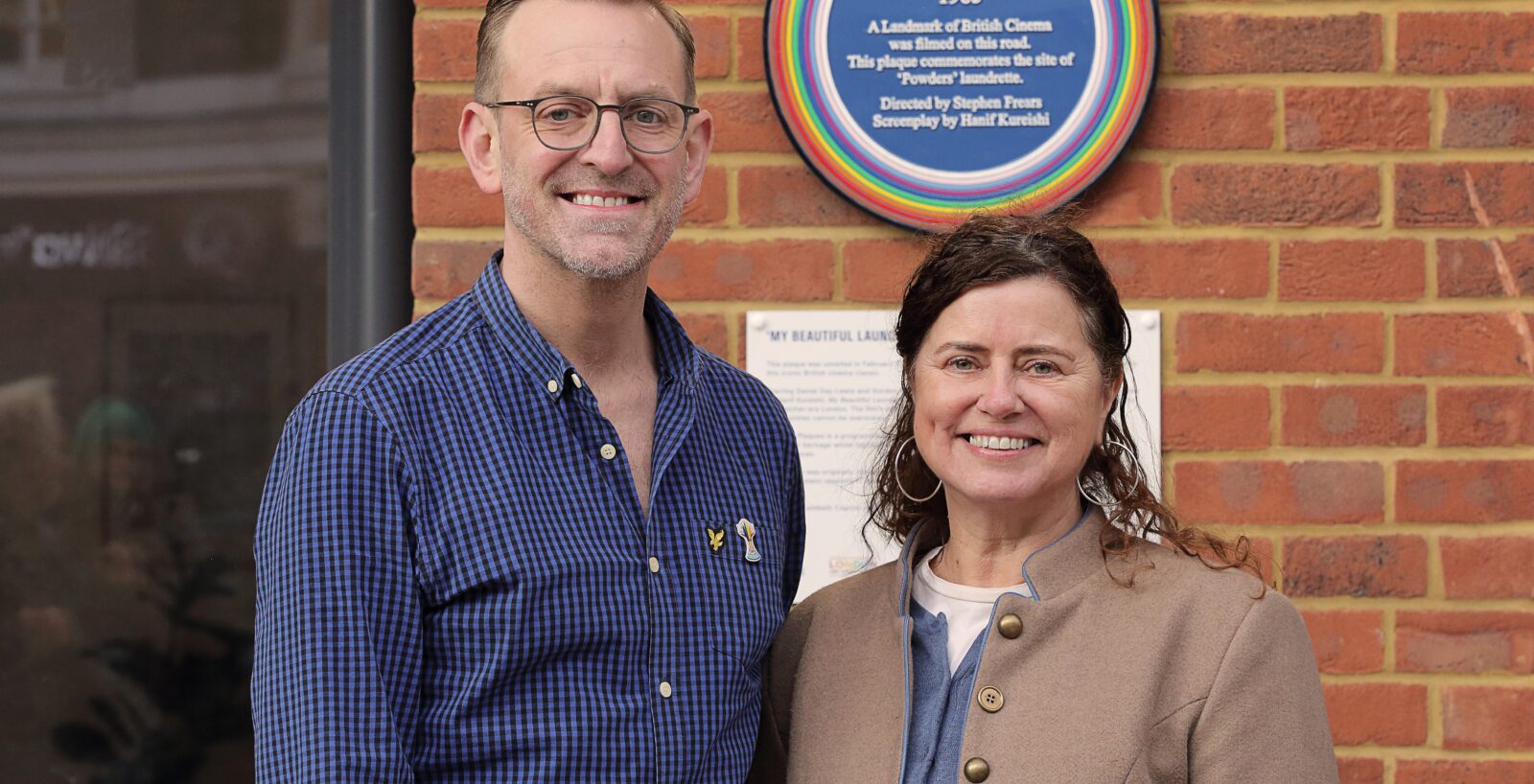
Today (1 December) marks World AIDS Day and the 40th anniversary of the first HIV diagnosis in the UK. We’re using this as an opportunity to reflect on the positive recent developments in HIV treatment and prevention.
New HIV data for London
New data published by the UK Health Security Agency (UKHSA) today estimates that in 2020 they were around 36,000 people living with HIV in the capital.
Furthermore, in 2020, there were 955 new HIV diagnoses in London – this represents a 63% overall decrease in new infections between 2015 and 2020 (2,564 to 955).
Word from the Cabinet
Cllr Lucy Caldicott, Lambeth Council’s joint Cabinet Member for Health and Social Care, said: “This World Aids Day, we are again proud that Lambeth hosts the London HIV Prevention Programme. It is encouraging that London have now exceeded the UNAIDS 90-90-90 targets for a third consecutive year with 96% of people living with HIV diagnosed, 98% of those diagnosed on treatment, and 97% of those on treatment having an undetectable viral . We will continue to work hard to make sure support and advice is available to all of Lambeth’s HIV+ residents.”
Undetectable = untransmissible
Londoners who are diagnosed with HIV and taking antiretroviral treatment (ART) correctly for at least six months will achieve an Undetectable viral load. This means that the level of HIV in their blood has been supressed to the extent where if they took a HIV test their HIV infection would be undetectable. Furthermore, if they were to have condomless sex, they would not pass the virus on to their sexual partners.
New developments
- Traditionally, treatment for HIV has been lifelong antiretroviral tablets taken daily. However, as recently as two weeks ago, there has been a new development with the approval of long-acting injectable treatment.
- Whilst HIV remains incurable, this advancement offers people living with HIV the option of 2 injections every 2 months. For some, having to take daily multi-tablet regimes can be difficult due to drug related side-effects or changes in lifestyle. This positive development offers choice to people living with HIV who might prefer an injectable regime with less frequent dosing.
- With regards to prevention, the advent of Pre-exposure prophylaxis (PrEP) – which is now available for free from the NHS via sexual health clinics – has added further options to prevent HIV.
- PrEP, alongside regular HIV testing, condom use, and effective HIV treatment means that Londoners can choose between four effective HIV prevention methods depending on their lifestyle and needs.
- Lambeth is the proud host of the London HIV Prevention Programme (LHPP) and its flagship campaign Do It London. For more information on preventing HIV visit: doitlondon.org



